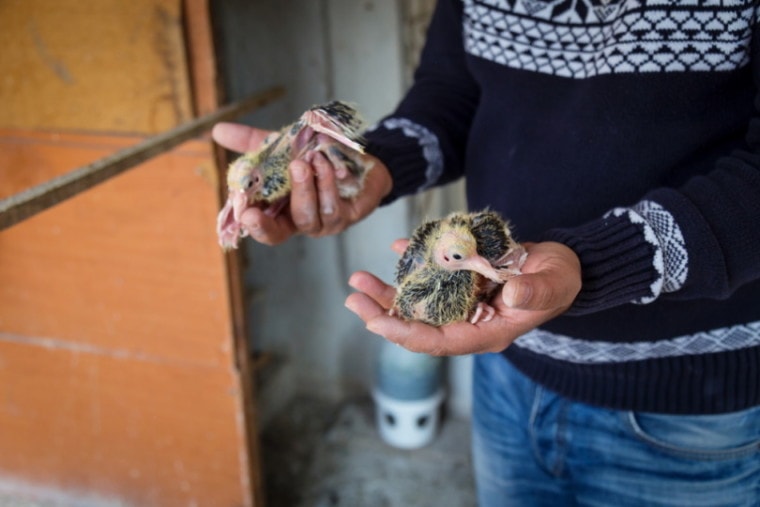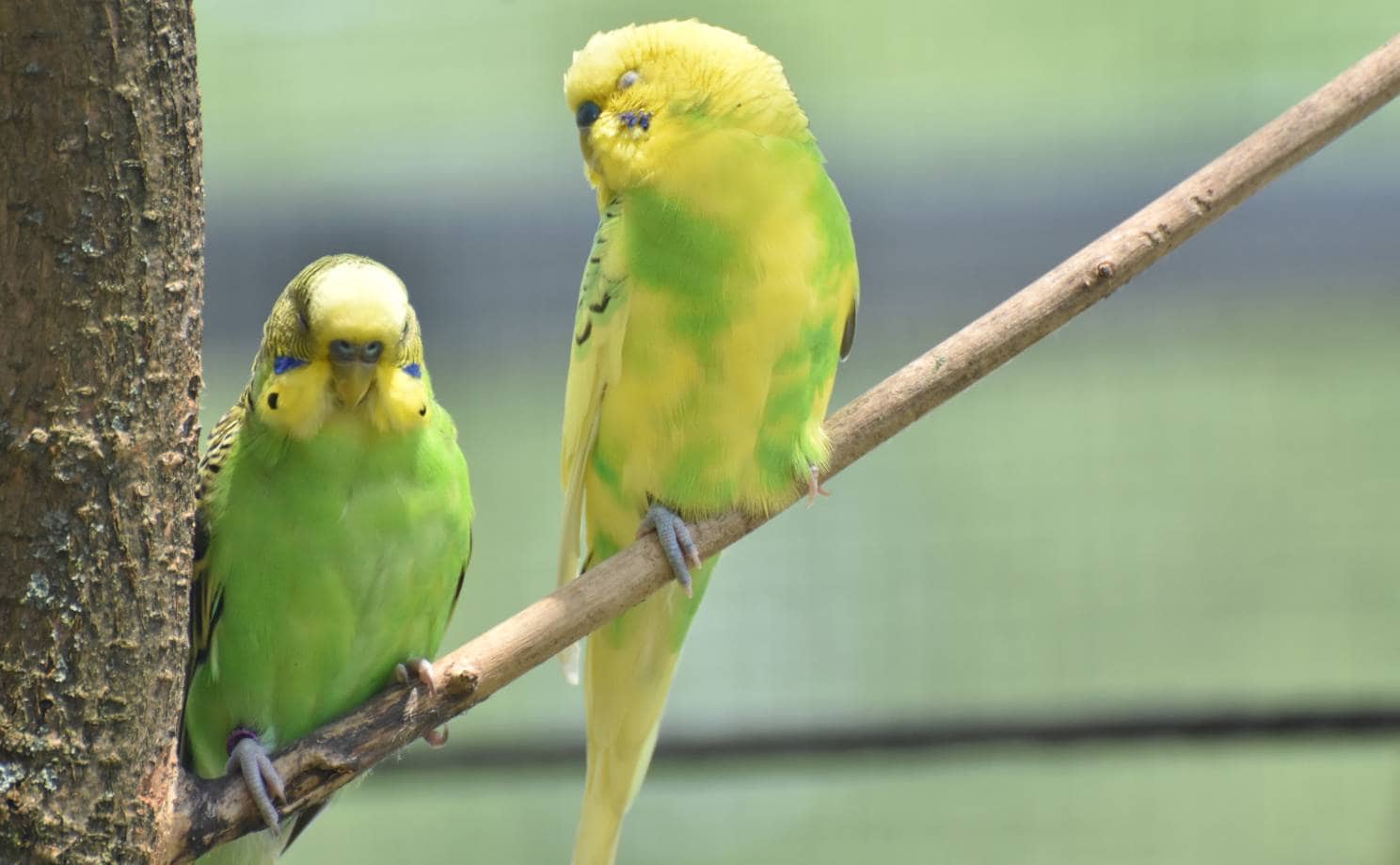
The first step towards having a healthy bird is to purchase one from a qualified breeder. While we would all love to think the best of breeders, some are mostly breeding birds just for the money – not because they care about the species’ health or wellbeing.
These breeders tend to take shortcuts that lower their overall costs but may also harm the health of the birds in the long run.
For this reason, taking the time to find a quality bird breeder is essential. Here are some of the most effective tips to help you separate the good breeders from the bad.
Find an Initial Pool of Breeders

Before you can go about separating the great breeders from the bad ones, you first have to locate some breeders. Depending on your area, this can be rather difficult or very hard.
You should consider how far you are willing to drive to pick up your bird. If you live in a populated area, you may not have to look very far. For those in suburban and rural areas, plan on driving for at least an hour or two.
Check your local classified ads for those selling young birds. You can also check Facebook and other localized social media pages for breeders near you. If you know someone who owns birds, ask them if they know any breeders.
Ask Breeders Many Questions

Often, it is fairly easy to separate the good breeders from the bad ones by asking questions. If you ask the right questions, you’ll typically catch a misinformed breeder very quickly.
Ask questions such as how long they’ve been breeding, as well as how long they’ve been breeding that particular species. Many breeders breed multiple different bird species. Feel free to ask about their specific birds as well. How old are the male and female that mated? How many babies have they produced previously?
Consider asking how many birds they breed. Ask if they have any other species available. A quality breeder will only breed a couple at a time. Breeding birds is a lot of work, and this is often all that they have time for. If the breeder has a lot of birds available, it may be a red flag.
You aren’t necessarily looking for specific answers. Instead, you’re looking for enthusiasm and knowledge. Breeding birds is often a full-time job. To do it right, a level of passion is absolutely required.
After a discussion about the birds, you can request a visit.
Visit the Breeder
Visiting the breeder is extremely important. It’s the only way for you to actually see where the bird is raised. The breeder’s facilities will typically give you a good idea of how they treat and care for their avians.
With that said, some breeders do not allow visitors. This is not always a sign that they’re hiding something. Sometimes, the breeder is simply extra-careful about introducing diseases into their flock – and they don’t really know what diseases you may have.
In these cases, ask for pictures of the facilities and birds. A video is even better, as these are difficult to simply steal from the internet.
If you do visit, you should ensure that the cages look clean. Cleaning the bird’s cage is about as basic as it gets. However, it does take a lot of time when you have a lot of birds. Therefore, it is often a good way to judge just how committed the breeder is.
Plus, dirty cages increase the risk for disease. The last thing you want is a diseased bird.
Next, take a look at the food provided. A good breeder will not be feeding just seeds. Pellets are the go-to choice for most bird species. However, fresh veggies and fruits should also be provided. Peek in to see what the birds are actually eating when you get the chance. You can also ask the breeder directly what their diet is like.
The birds themselves should seem active and sociable. Birds that come from high-quality homes are often more than willing to interact with others. However, be aware that some species are more friendly than others.
Of course, the birds should be obviously clean and healthy. Not all birds move around much, but if they’re an active species, they should be – unless, of course, it’s nap time.
Guarantees and Health Information

You should ask the breeder about any health guarantees they offer, as well as the specifics of these deals. Most breeders will provide a guarantee that their birds are healthy, refunding your money if your new bird ends up not being healthy.
Sometimes, the breeder will want certain guarantees from you. For instance, some breeders request that the bird is kept in a specifically sized enclosure or fed a specific diet (usually pellets, not seeds). These requests are often necessary for your new bird’s health, but many breeders find that some buyers are not aware of the bird’s needs.
A contract that protects both parties ensures that each one is protected and knows what they’re getting into.
Many breeders will request that you stay in contact with them for some time after you take your new bird home. Often, they’ll want updates on the bird, as well as information about how the bird is doing. Most good breeders will be available to answer any questions you have.
Some breeders also provide health certificates from veterinarians. However, these may or may not be available depending on the vets in your area.
Final Thoughts
Choosing a qualified breeder can be difficult, but it only takes a few well-placed questions to eliminate uninformed breeders or those just looking to make a quick buck. Visit if you have the opportunity, but understand that this isn’t always possible if your breeder operates a closed facility.
In the end, choosing a breeder is often a matter of paying attention to their birds. You want to purchase from a breeder that has healthy, well-taken care of birds. If they don’t, it’s likely a sign that the bird you’re adopting wasn’t taken care of, either.
Guarantees, contracts, and health certificates can also be helpful. These don’t necessarily ensure that the bird is healthy, but they do increase the odds.
Featured Image Credit: Ozgur Senergin, Shutterstock








